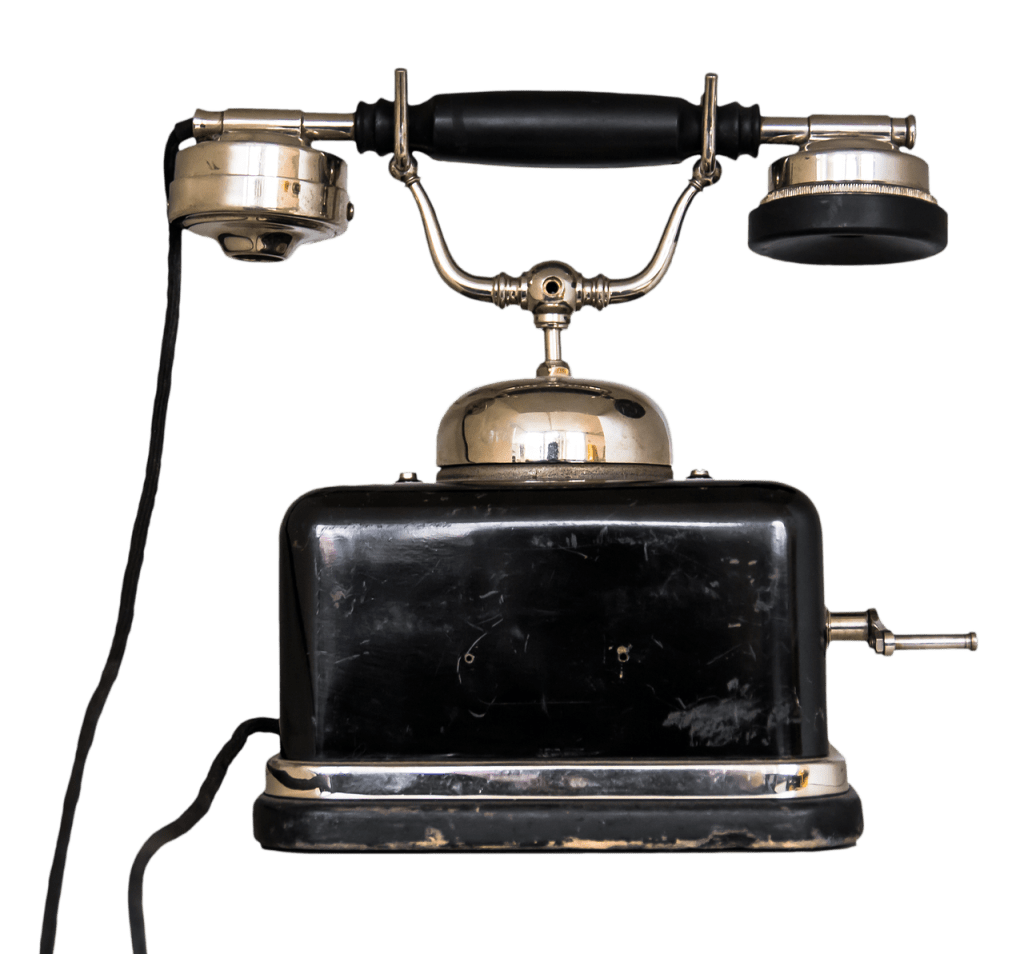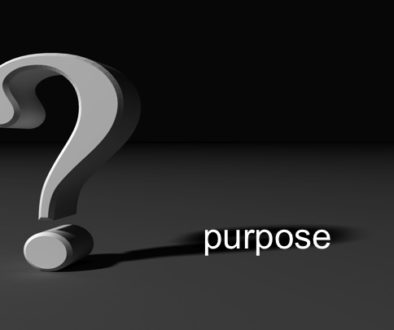The best way to answer your telephone
 Ever since 1875 when Alexander Graham Bell made that first famous telephone call to his assistant, it is arguable that no other piece of technology has had such a profound impact on business.
Ever since 1875 when Alexander Graham Bell made that first famous telephone call to his assistant, it is arguable that no other piece of technology has had such a profound impact on business.
And yet, well over a century later, it is still abused and greatly undervalued by most businesses. This is never more apparent than by the lack of care and attention that people take when answering the phone.
“Hello”. That’s it, nothing else.
“Morning”. Not even a ‘good’ in front of it.
“Smith!”. Translation: I’m an arrogant S.O.B. and you’re interrupting me.
“Please hold the line” CLICK. No good morning. No ‘would you mind holding’?
I’m sure you have experienced many other examples of ‘telephone rudeness”.
Or, even more frustrating, “Good morning, ABC Business enterprises, Molly speaking, how may I direct your call?” (I’ll explain why in a moment)
For many businesses, the telephone is still the first point of customer contact. It’s the first opportunity to impress, to demonstrate how good your service is. So how that first contact is handled is vital to making or potentially breaking the customer connection.
So let’s look at some of the ways you can optimise the use of your telephone.
When the telephone rings, STOP whatever you are doing. If you don’t wish to take a call or the call is interrupting you, then you should have taken steps to arrange someone else to answer the telephone in the first place, or diverted calls through to an answering service or voice mail.
Answer the call between the second and third ring. The reason for waiting until after the second ring is that the caller is not ready for you if you answer it immediately. Sounds strange I know considering they made the call. Six rings or later and the caller is already beginning to sow seeds of doubt as to your ability to serve them.
SMILE! Just because the caller can’t see you, doesn’t mean they can’t ‘hear’ what mood you are in. I don’t profess to know how it works, but a smile is able to transcend a telephone wire. If you or your staff are not in a happy and helpful mood, either get someone else to answer the telephone, or change your attitude FAST!
And choose the words you use carefully. In my first book Seducing the Vigilante Customer, I recommended that the telephone be answered either: “Welcome to Service EQ, this is Graham”, or “Thank you for calling Service EQ, this is Graham.”
The reasoning behind this sequence of words is firstly that it starts with a courteous greeting, secondly, confirmation that the caller has the right business, and lastly the name of the person answering the phone. It is vital that the last word the caller hears is your name so please don’t add the word “speaking”, or phrases such as “how may I help you,” or “how may I direct your call,” or any other form of redundant and time-wasting verbiage. The reason for ending with your name is that you want the caller to remember your name. The chances of this happening increase dramatically if your name is the last word they hear.
However, I have recently altered how I answer the telephone to a simple, “Service EQ, this is Graham”.
But where has the greeting gone you may ask? The greeting is now in the tone of my voice. By dropping the words of greeting, I have be extra present to make sure my voice has a very welcoming tone.
Many clients vouch for the success of using this format, particularly in sales organisations (is there any business not in sales?) where it is desirable to obtain the name of the caller. You’ll be surprised how willing, most times voluntary, callers are in providing you with their full details simply because you have offered your name first.
Another pet peeve of mine, is the practice of asking, “who may I say is calling” when you wish to speak to someone other than the person who has answered the call. In one Auto Dealership I know, asking that question is grounds for instant dismissal. If they wish to speak to the CEO, then put them straight through. It is the caller’s prerogative not to offer their name or reason for calling. International Hotel chain Ritz Carlton also has a policy of “No screening of telephone calls.”
In the event that your switchboard is lit up like a Christmas tree and you have no option but to put callers on hold, please ask their permission first, “would you mind holding?” and wait for their reply before going CLICK. People generally don’t mind being placed on hold if asked first. The next step is to return to them as quickly as possible. You need to return to callers at least every 20-30 seconds to advise them of progress. It’s called courtesy.
The telephone is a vitally important component of your overall customer relationship management and marketing strategy. Please give it the attention and respect it deserves.


